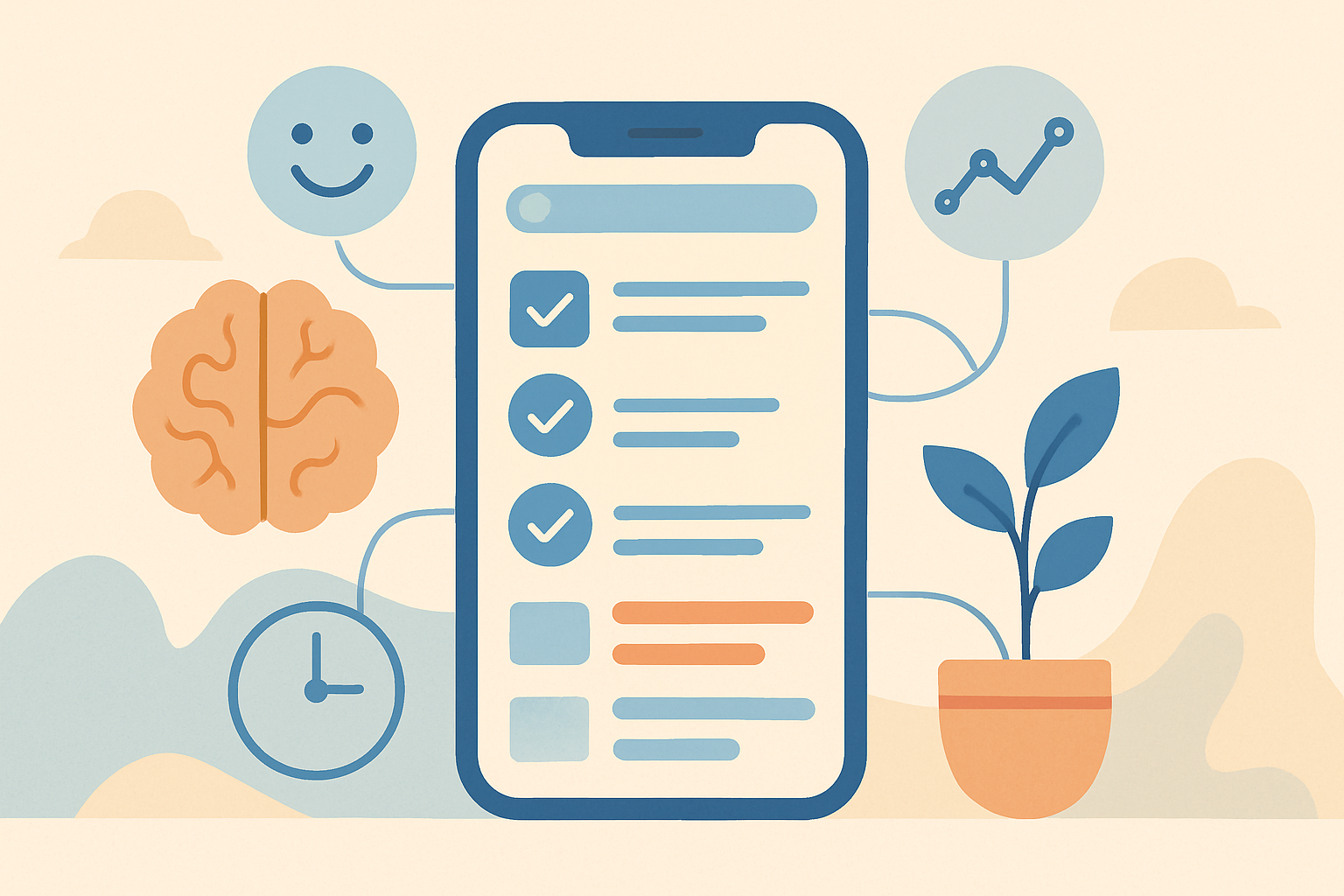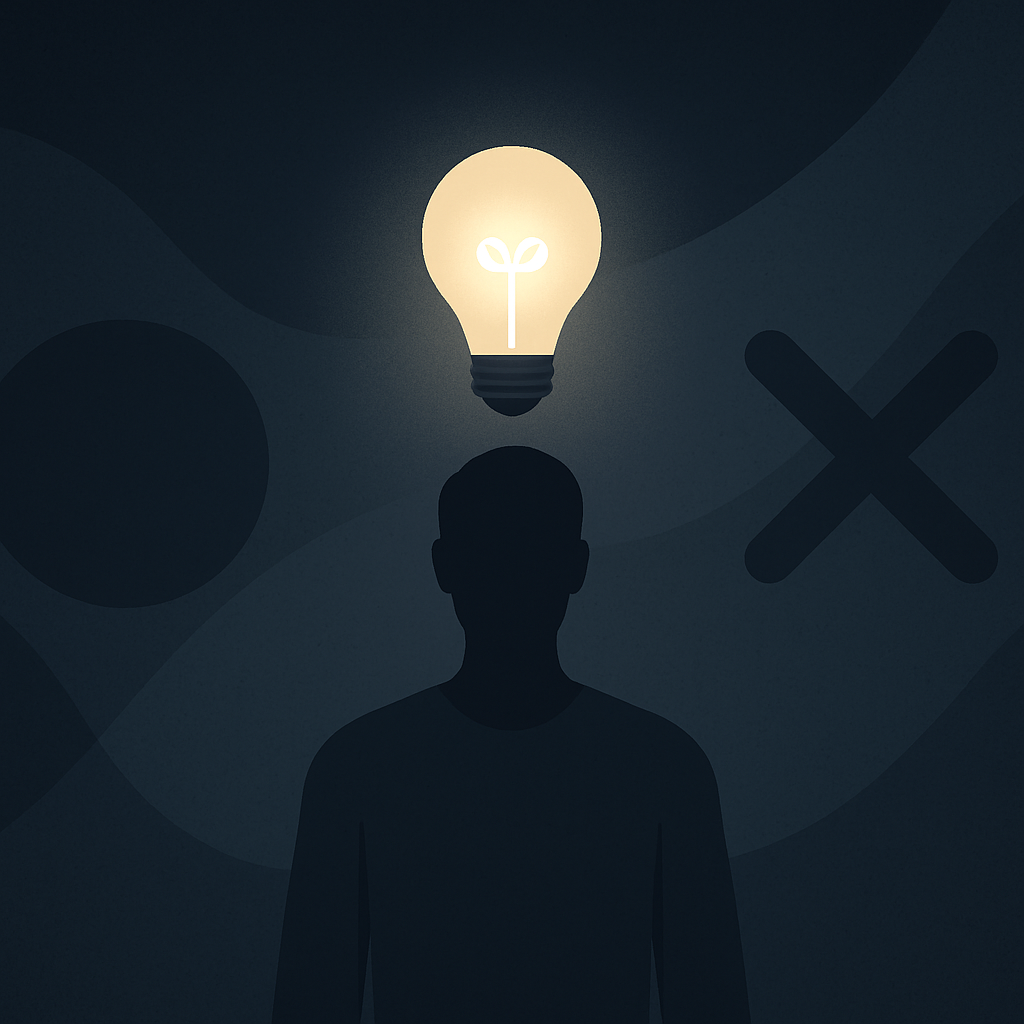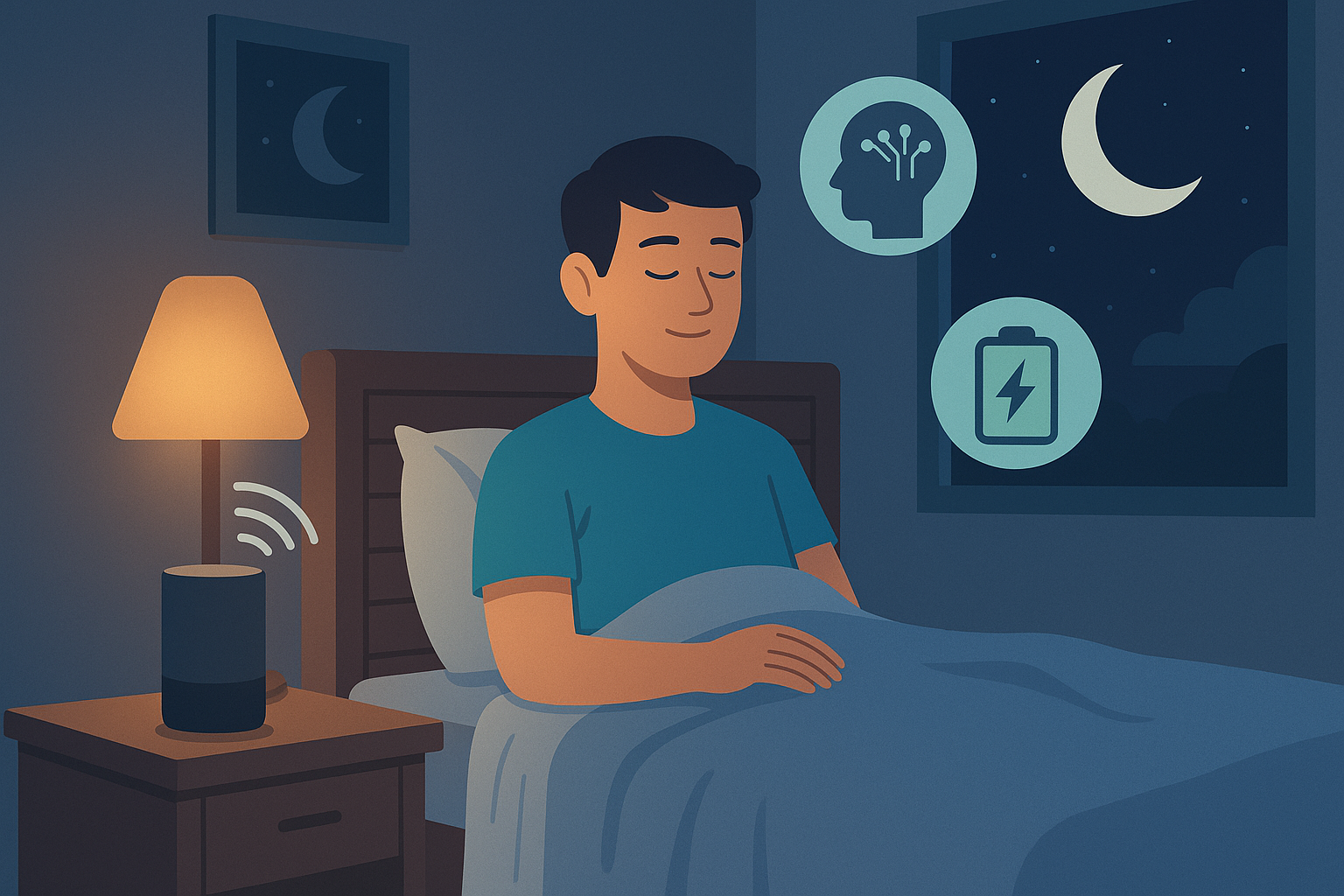AI Habit Tracking. Progress used to depend on discipline. Now, it depends on data.
We track steps, calories, and sleep — but few of us track the patterns that matter most: how we feel, when we focus, and why we lose momentum.
That’s where AI habit tracking transforms everything.
It doesn’t just record actions; it learns behavior. It detects emotional triggers, predicts energy drops, and helps you understand why certain habits stick while others fade.
Instead of struggling for consistency, you create a system that supports it automatically.

Why AI Habit Tracking Alone Isn’t Enough
Traditional habit apps rely on willpower. You still have to remember to open the app, check the box, and keep the streak alive.
But when life gets busy, discipline fades.
AI habit tracking eliminates that friction. It observes behavior passively — through your calendar, phone activity, or wearable data — and translates it into meaningful insight.
AI doesn’t just track what you do; it understands how your habits interact with your mood, energy, and focus.
For example, if your productivity drops after late-night screen time, your AI tracker identifies the connection and suggests adjusting your evening rhythm.
It’s not about control — it’s about awareness that leads to effortless consistency.
The Science of Behavior Meets AI Insight
Every habit is built through three elements: cue, routine, and reward.
AI amplifies this cycle by detecting invisible cues — like time, emotion, or social context — and optimizing the loop for sustainability.
Your system learns that you’re most likely to meditate after journaling, or that you skip workouts when meetings run past 6 p.m.
Over time, it starts predicting what behaviors align with your emotional rhythm.
That’s the hidden power of AI habit tracking — it doesn’t just record behavior, it engineers self-awareness.
AI Habit Tracking Practical Example: The Mood–Habit Connection
Let’s imagine a week where your energy fluctuates wildly.
You wake up tired Monday, focus deeply Tuesday, crash Thursday.
AI systems like Notion AI, Reflectly, or Mindsera can cross-analyze your journaling tone, sleep data, and task completion rates.
They detect emotional undercurrents: frustration, calm, curiosity.
You get a report like this:
| Habit | Emotional Pattern | AI Insight | Adjustment |
|---|---|---|---|
| Morning Workout | Linked to low stress | Keep current routine | Maintain consistency |
| Journaling | Drops when mood is low | Suggest lighter prompts | Improve reflection rate |
| Screen Use | Increases fatigue | Add digital cutoff | Reduce overstimulation |
This isn’t tracking for the sake of data. It’s a mirror — one that finally connects what you do with how you feel.
Building an Adaptive System AI Habit Tracking
A well-designed AI habit tracking setup combines three layers:
| Layer | Function | Example Tools |
|---|---|---|
| Tracking Layer | Detect actions & time automatically | Google Fit, Oura, Motion |
| Awareness Layer | Analyze tone, journaling, and sentiment | Mindsera, Reflectly, Notion AI |
| Adjustment Layer | Suggest new patterns and timing | Reclaim AI, Habitica AI |
Together, they create a closed loop of continuous improvement.
You act, reflect, and refine — without manual input.
That’s what makes AI-driven self-improvement sustainable.
Emotional Consistency Through Data
Humans are emotional creatures trying to build logical habits.
AI bridges that gap.
By recognizing emotional data — tone of writing, screen activity, heart rate, or facial tension — AI helps you spot early signs of overload or burnout.
It can suggest rest before exhaustion, reflection before reactivity, and focus blocks before chaos.
This transforms your relationship with growth: you stop chasing habits and start harmonizing them.
Instead of “fixing yourself,” you design yourself — intelligently.
Example: A Week of Intelligent Tracking
Imagine your AI dashboard at the end of the week.
It shows that your most focused moments happen between 9:30 and 11:00 a.m.
It also notices your mood drops every Thursday evening after too many digital interactions.
Without you lifting a finger, your AI system adjusts:
Reclaim AI blocks deep work in the morning.
SleepSpace sets a relaxation scene Thursday night.
Mindsera prompts a gratitude reflection instead of another task review.
Small changes, made consistently, become transformation.
That’s the real promise of AI habit tracking — evolution through precision.
Why This Matters
Productivity is not about doing more; it’s about feeling aligned with what you do.
AI gives you the clarity to see patterns you couldn’t see before — emotional, behavioral, even biological.
It doesn’t make you robotic.
It makes you real — by helping you live in sync with your natural rhythm.
When you know what affects your energy, your goals stop being effort. They become flow.
Conclusion
An AI habit tracking system isn’t just a tool — it’s a framework for conscious living.
It learns your rhythms, reflects your emotions, and builds a personalized architecture of growth that gets smarter every day.
You no longer chase progress — you live it.
Because when your habits align with your mood, consistency stops being hard work. It becomes who you are.
By MBFProductivity
Further Reading & Related Insights
Internal link:
→ The Art of Saying No — Powered by AI — Learn how AI decision systems protect your focus and emotional energy.
External links:
→ Reflectly AI — Track emotions and mindset automatically with an intelligent journaling companion.
→ Reclaim AI — Automate your time and schedule with adaptive AI habit synchronization.
Blog
This section provides an overview of the blog, showcasing a variety of articles, insights, and resources to inform and inspire readers.
-

AI Habit Tracking and the New Rhythm of Modern Self-Improvement
AI Habit Tracking. Progress used to depend on discipline. Now, it depends on data.…
-

AI Decision Making and the New Discipline of Intentional Living
AI Decision Making. Every “yes” has a cost. Every time you agree to something…
-

The Perfect AI Night Routine to Sleep Better and Think Smarter
AI Night Routine. Your morning doesn’t begin when you wake up — it begins…
